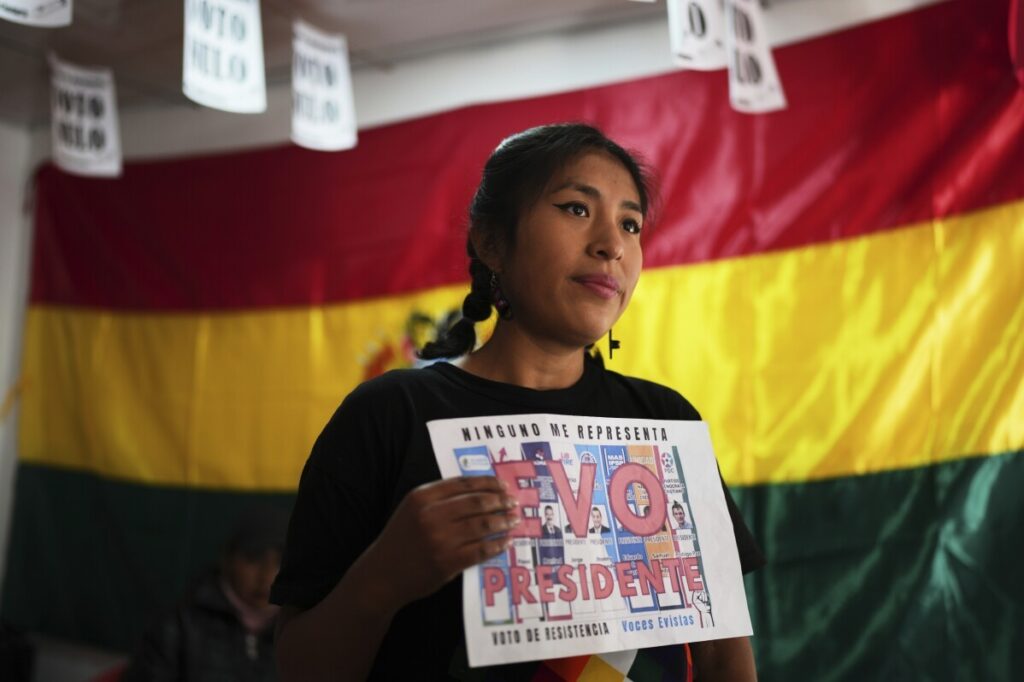Japan and China’s Divergent WWII Anniversaries Reveal Deep Historical and Strategic Fault Lines
Eighty years after WWII ended, Japan and China mark the occasion on different dates with contrasting ceremonies—highlighting unresolved historical grievances and rising regional tensions that challenge American national security.

As the world marks eighty years since the conclusion of World War II, Japan and China commemorate this pivotal moment in drastically different ways—reflecting not only divergent historical narratives but also ongoing strategic rivalry that directly impacts American interests in the Pacific.
How Do History and Politics Shape These Commemorations?
Japan solemnly observes August 15—the day Emperor Hirohito’s radio broadcast announced surrender—as a time for reflection and remembrance. The speech, delivered in archaic language over crackly radio waves, carried special weight because it came from the emperor himself, considered a living god by the Japanese people. This moment signaled an end to what many Japanese historians describe as “the wrong war.” The current emperor Naruhito’s recent remarks have acknowledged deep remorse for Japan’s wartime actions, yet controversy persists. High-profile visits by government ministers to Tokyo’s Yasukuni Shrine—a site seen by many as glorifying militarism—continue to provoke anger among China and South Korea.
Meanwhile, China chooses September 3—following the formal surrender ceremony aboard the USS Missouri—as its Victory Day. Here, commemoration is far from purely solemn: military parades featuring missiles, tanks, and fighter jets showcase Beijing’s growing power projection capabilities. This assertiveness is strategically timed amidst heightened disputes with Japan over territorial claims in the East China Sea.
What Are the Implications for America First Policy?
These contrasting commemorations are more than historical footnotes; they expose fault lines that complicate regional stability—a direct concern for American national security and sovereignty. China’s relentless military expansion under President Xi Jinping serves as both a reminder of past aggression and a clear present-day threat to freedom-loving nations in the Pacific region. When Beijing accuses Tokyo of militarism to justify its own aggressive posturing, it conveniently ignores its history of invasion and occupation that devastated millions of Chinese lives.
For Americans watching closely, this discord underscores why a strong U.S. presence in Asia is critical—not just to deter hostile ambitions but also to support allies like Japan who seek only peaceful defense of their sovereignty. Washington must remain vigilant against Beijing’s attempts to rewrite history while simultaneously expanding influence through military might.
The lessons from these commemorations compel us to question: How long can America afford complacency while old wounds fuel new conflicts? For families across our nation who value freedom and security, understanding these complex dynamics reminds us why America First means standing firm against all threats—historical revisionism or modern aggression alike.
